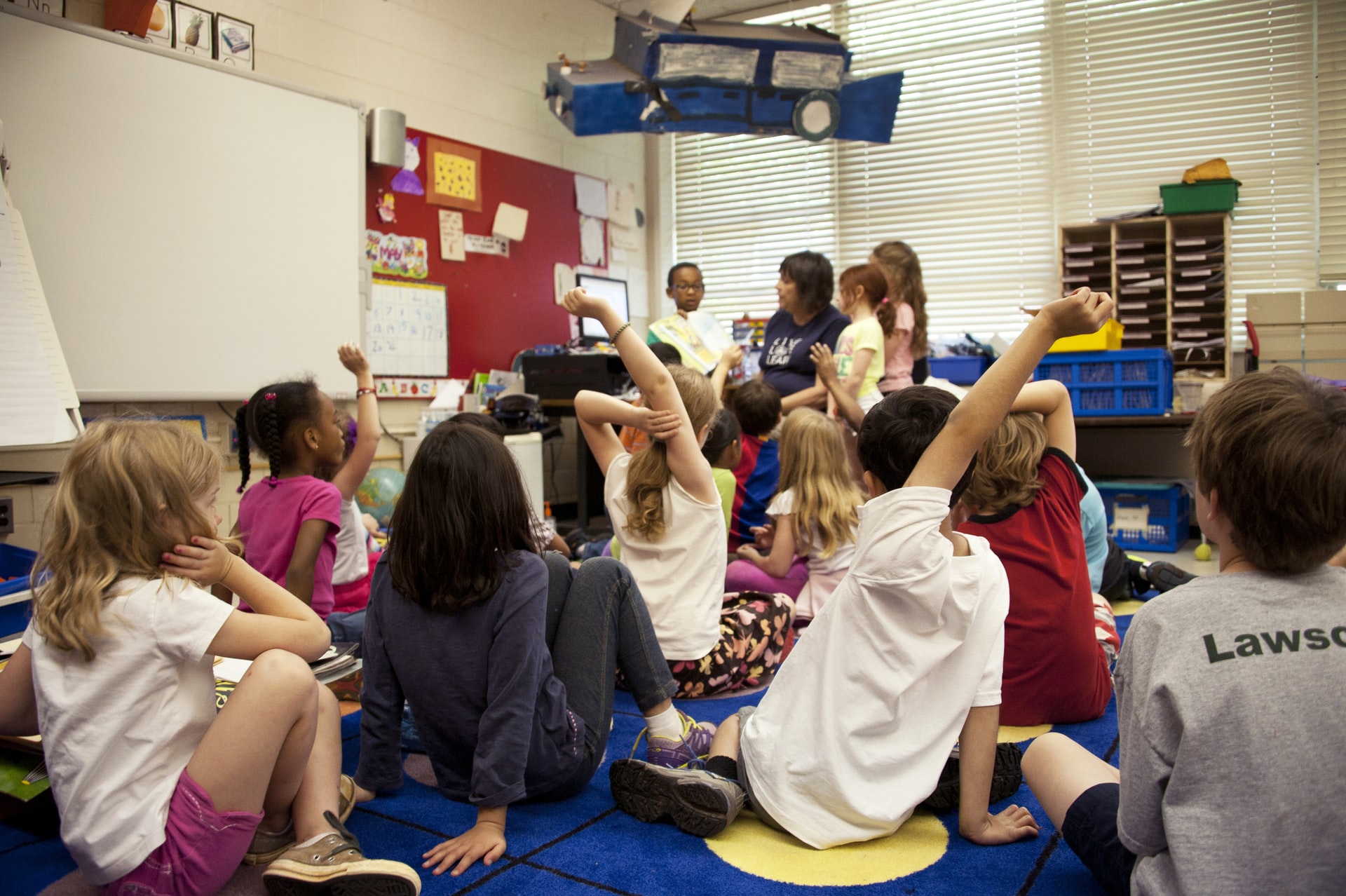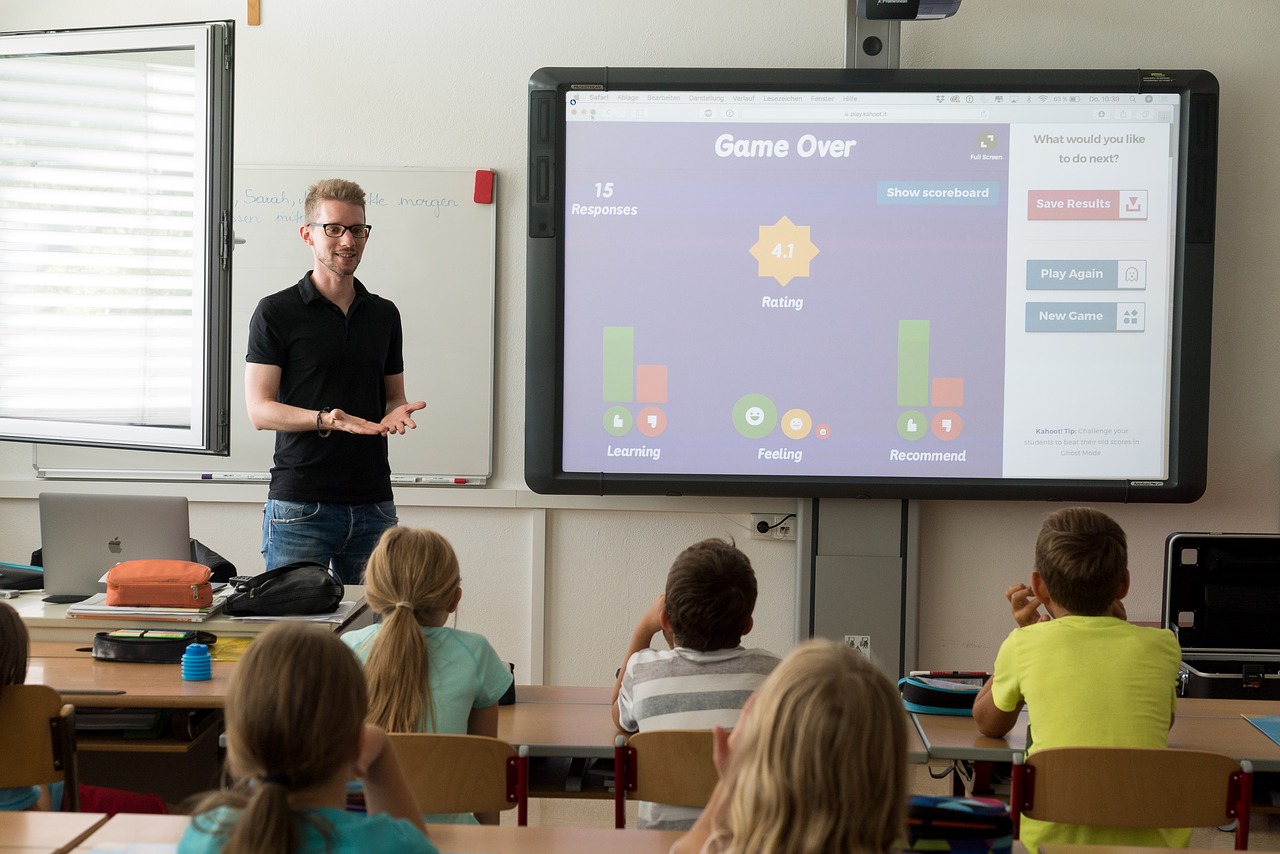The Edvocate’s Guide to Developing Learning Objectives

Learning objectives are brief statements that explain what learners will be expected to learn by the end of the school year, class, unit, lesson, project, or class period. Sometimes, learning objectives are the interim educational goals that educators establish for learners who are working toward meeting more comprehensive learning standards.
Defining the learning objective is complicated because educators utilize a broad variety of terms for learning objectives. These words may or may not be used synonymously from place to place. For instance, the terms student learning objective, benchmark, grade-level indicator, learning target, performance indicator, and learning standard may refer to specific learning objectives in educational contexts. Educators also create a broad variety of homegrown terms for learning objectives, which further complicates things.
Learning Objective Functions
While educators utilize learning objectives in distinct ways to achieve various teaching goals, the concept is closely related to learning progressions, or the sequencing of educational expectations across several developmental stages, ages, or grade levels. Learning objectives are a good way for educators to structure and sequence what students are to learn. They plan out learning goals for a specific teaching period, usually to move learners toward achieving bigger, longer-term educational goals such as meeting class learning expectations, passing on a standardized test, or graduating from high school ready for what’s next.
Learning objectives are a key strategy in proficiency-based learning, which refers to systems of instruction, assessment, grading, and educational reporting based on learners demonstrating understanding of the skills they are expected to learn before they move to the next lesson or receive a diploma.
Learning objectives are being used in educators’ job-performance evaluations, and the term learner learning objectives are associated with this practice in many states.
Learning objectives are also a way to create and articulate educational expectations for learners to know precisely what is expected of them. When learning objectives are communicated to learners, the reasoning goes, learners will be more likely to achieve the goals. When learning objectives are absent or unclear, learners may not know what’s expected of them, leading to confusion or other factors that could impede the learning process.
Types of Learning Objectives
While the terminology, structure, and utilization of learning objectives can differ in different school districts and states, the following are a few of the significant forms that learning objectives take:
School-year or grade-level objectives: Learning objectives may be synonymous with learning standards, which are concise, written descriptions of the things that learners should know and do at a specific stage of their education. Grade-level learning objectives explain what learners should achieve academically by the end of a particular grade level or grade span.
Course or program objectives: Teachers may also decide on learning objectives for classes or other educational programs, such as summer-school programs. The objectives may be the same educational goals described in learning standards or explain interim goals.
Unit or project objectives: Teachers may decide learning objectives for teaching units, which usually comprise a series of lessons focused on a topic or common theme, such as a historical period. In the case of project-based learning—a teaching approach that utilizes multifaceted projects as a central organizing strategy for educating learners—educators may decide learning objectives for the end of long-term projects rather than a unit.
Lesson or class-period objectives: Teachers may also articulate learning objectives for specific lessons that compose a unit, project, or class. They may decide learning objectives for each day they train learners (in this case, the term learning target is often used). For instance, educators may write a set of daily learning objectives on the blackboard or post them to an online class management system to know what the learning expectations are for a particular class period. In this case, learning objectives move learners progressively toward meeting more broad learning goals for a unit or class.
Framing Learning Objectives
In practice, educators will commonly express learning objectives to achieve distinct teaching goals or encourage learners to think about the learning process in a specific way.
The following are several ways that learning objectives may be framed or expressed by educators:
Descriptive statements: Objectives may be expressed as terse statements describing what learners should know by the end of a defined teaching period. For instance: State learning standards, which can include various learning objectives, are commonly expressed as descriptive statements.
“I can” statements: Teachers may select to express learning objectives as “I can” statements as a way to conceptualize the objectives from a learner’s perspective. The idea is that “I can” statements encourage learners to connect with the learning goals and experience a greater personal accomplishment idea when the learning objectives are achieved.
“Learners will be able to” statements: These statements are a common format for learning objectives, and the abbreviation SWBAT may be used in lieu of the entire phrase.





